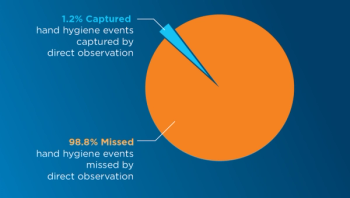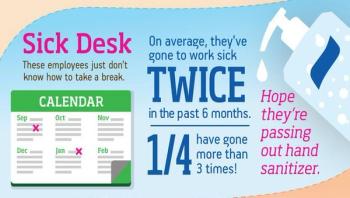
Hand Hygiene
Latest News








Researchers are advising healthcare professionals to consider the size of their hands when it comes to using alcohol-based hand sanitizer, to ensure adequate coverage by the product. In their study of whether the volume of alcohol-based handrub (ABHR) used by healthcare workers affects the residual bacterial concentration on their hands according to hand size, Bellissimo-Rodrigues and colleagues (2015) found that bacterial reduction was significantly lower for large hands compared with small hands, which suggests a need for customizing the volume of alcohol-based handrub for the most effective hand hygiene. It's an aspect of hand hygiene that many individuals may not have considered until now, according to study co-author Didier Pittet, MD, MS, of the University of Geneva Hospitals and faculty of medicine in Geneva, Switzerland; who says that this is a new topic that has not been fully explored by research.

















